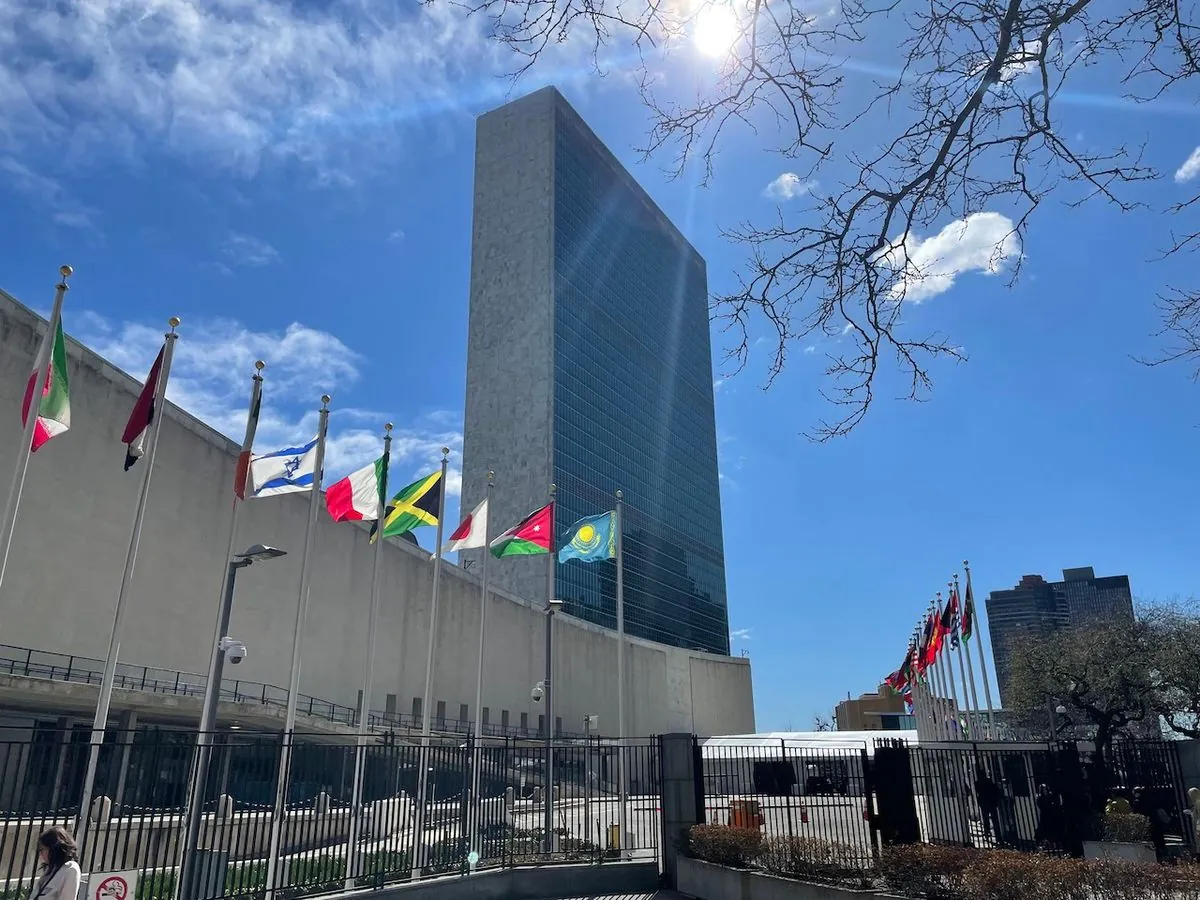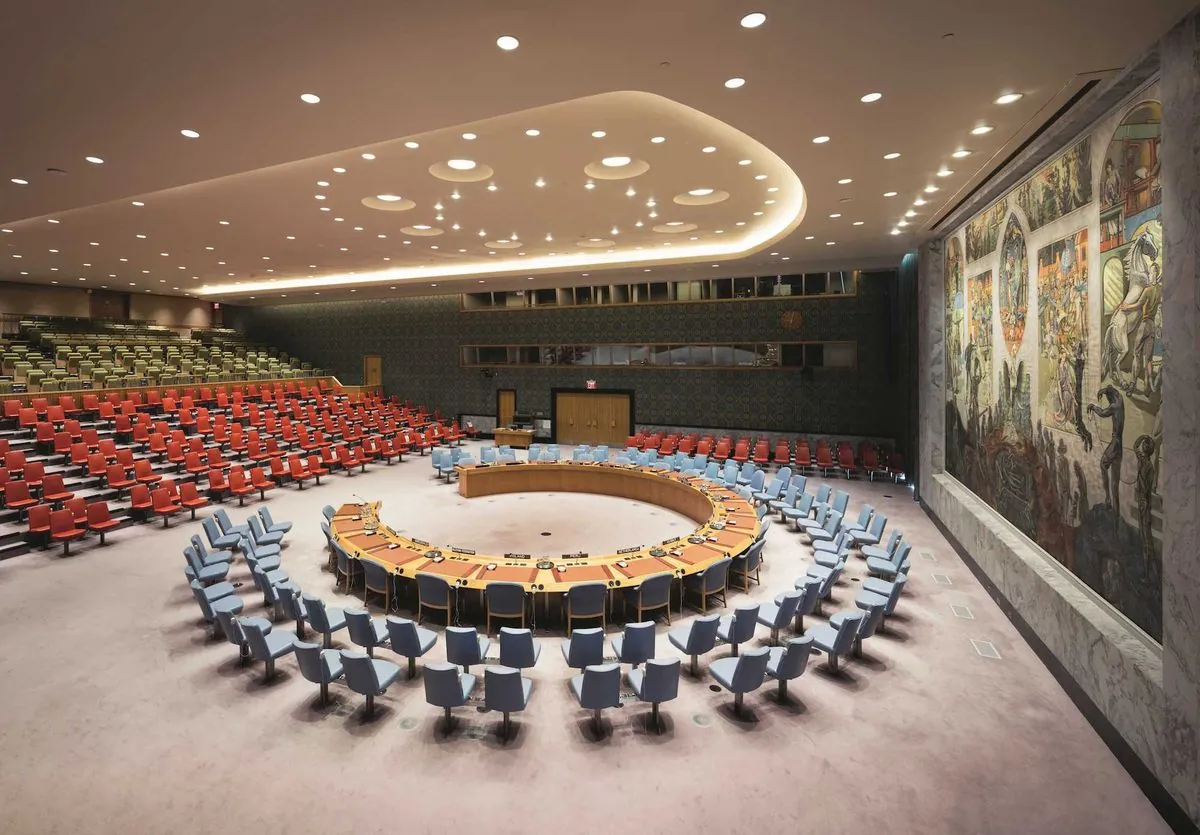UN Chief Urges Consensus on "Pact of the Future" Amid Global Challenges
UN Secretary-General calls for approval of a blueprint addressing global issues. The "Pact of the Future" aims to reform institutions and tackle challenges from climate change to AI governance.

As the United Nations approaches its 79th anniversary since its founding in 1945, Antonio Guterres, the UN Secretary-General, is advocating for a crucial agreement among the organization's 193 member states. The "Pact of the Future," a comprehensive 30-page document, is designed to address a wide array of global challenges and reform international institutions established in the post-World War II era.
The Summit of the Future, scheduled for September 22-24, 2024, aims to unite world leaders in tackling pressing issues such as climate change, artificial intelligence governance, and the reform of global financial institutions. This summit precedes the annual high-level meeting of the UN General Assembly, set to commence on September 24, 2024.
Guterres emphasized the importance of implementing solutions to 21st-century challenges, stating that previous declarations focused on identifying problems, while the current initiative aims to take concrete action. He highlighted the need for reforming global governance structures, including the United Nations itself, to address contemporary issues effectively.

The draft of the Pact of the Future outlines 51 actions covering various global concerns, from poverty eradication to climate change mitigation. Notable potential breakthroughs include:
- Significant progress on UN Security Council reform, the most substantial since 1963
- Initial measures for governing new technologies, including AI
- Commitments to reform international financial institutions like the World Bank and IMF
- Increased resources for developing countries to meet UN Sustainable Development Goals by 2030
Linda Thomas-Greenfield, the U.S. Ambassador to the UN, expressed the Biden administration's priority of creating a more inclusive and effective international system. She noted that while the G77 (representing 134 developing countries), the European Union, and the United States have agreed to the latest revision of the pact, challenges remain in reaching a consensus with other nations.
"We can't create a future fit for our grandchildren with systems built for our grandparents."
The Secretary-General stressed that failure to reach a consensus would be "tragic," urging member states to compromise and finalize the agreement. As negotiations continue, the international community watches closely to see if this ambitious effort can bridge divides and create a more effective global governance structure for the challenges of today and tomorrow.


































